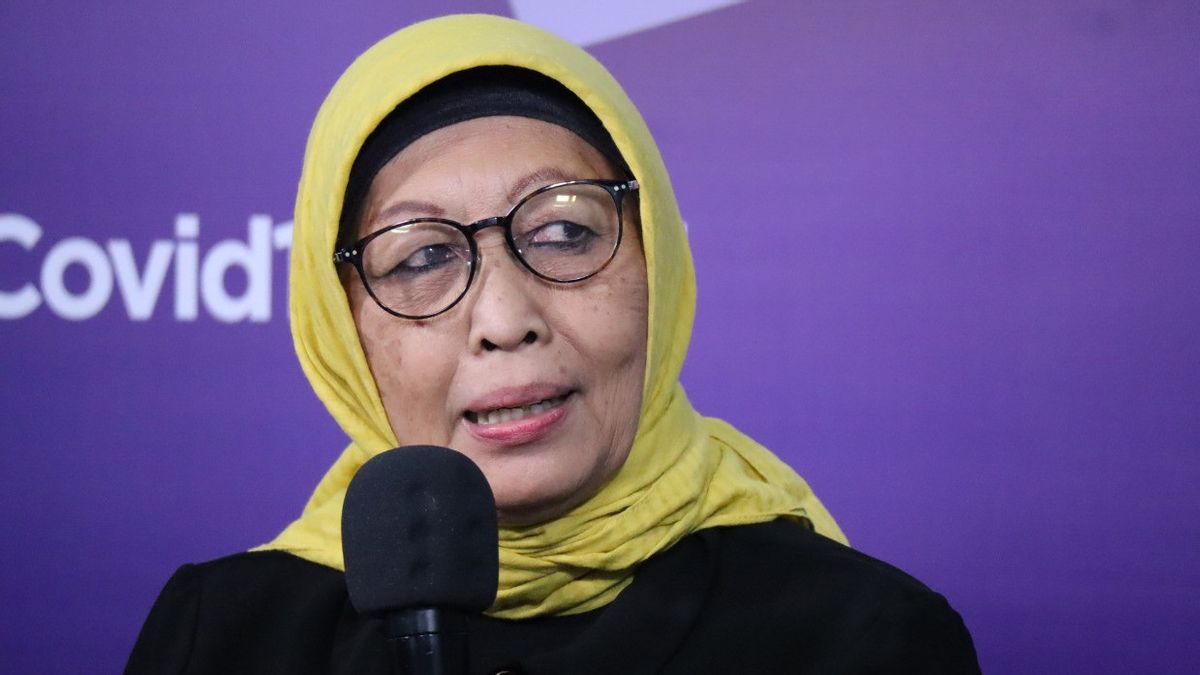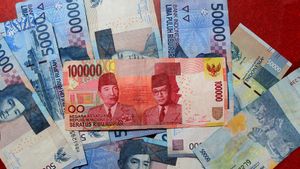JAKARTA - The COVID-19 pandemic currently hitting Indonesia and most countries in the world is not much different from the 1918 Spanish Flu. For this reason, the public must strictly implement health protocols.
The government of the Netherlands Indies or Indonesia at that time also advised the public to comply with health protocols. This includes wearing masks, staying at home and maintaining cleanliness, just like what the World Health Organization (WHO) recommends for handling the current COVID-19 pandemic.
The Dutch East Indies government in conveying its appeal through various efforts such as through a health car campaign.
"Routinely, he goes around the city and he seems to remind him that, if this is a deadly disease, it is better if you don't have to stay at home, keep wearing a mask, because of that, and also maintain cleanliness. That is what was conveyed on and on and on, "said University of Indonesia historian Dr. Tri Wahyuning M. Irsyam at the Media Center for COVID-19 Handling Task Force (Satgas), Jakarta, quoted on Sunday, August 2.
Not only that, the Dutch East Indies Government also published a literacy book entitled "Lelara Influenza" (Influenza Disease), which was later translated into puppet stories by the puppeteer's interference.
However, this does not close the difference in perceptions between the government and the community. Where the community at that time believed that the plague that hit came from nature, even though the government tried to ensure that it came from transmissions from migrants.
"They people see that the source of this disease is from nature. From the dust, from the wind, and so on. While the government sees it, the Dutch government in this case is from outside. Migrants who come to Indonesia bring, or carriers, ”said Tri.
There are differences of opinion that make the handling of the disease slow down, and then it also triggers the concern of national figures who finally move for change, one of which is dr. Cipto Mangunkusumo with STOVIA students and the emergence of health officers.
Through his movement, calls for the implementation of health protocols were encouraged. Apart from that, several other efforts were triggered, such as the use of traditional herbal concoctions for disease management. Then the port as the entrance to the Dutch East Indies had to be temporarily closed and its movement restricted.
Some of the survivors' houses are marked with a yellow flag, with the aim of preventing people from coming and potentially being infected and several other steps that also create pros and cons.
Looking back at the historical literacy of the 1918 Spanish Flu, Tri said that the people and government of the Dutch East Indies or Indonesia at that time were not really ready.
All information regarding the pandemic that entered the Dutch East Indies at that time became neglected and even sparked differences of opinion between the government and its people.
One important lesson that can be learned from the pandemic a century ago, according to Tri, is that learning from past literacy is important to deal with problems that are not much different now and in the future. In this case, shared perceptions and understandings are the key to how a pandemic can be more easily handled.
“The problem of the past is not only for the past, but also for the present and the future. So let us take steps with the wisdom of the past, ”said Tri.
The English, Chinese, Japanese, Arabic, and French versions are automatically generated by the AI. So there may still be inaccuracies in translating, please always see Indonesian as our main language. (system supported by DigitalSiber.id)








